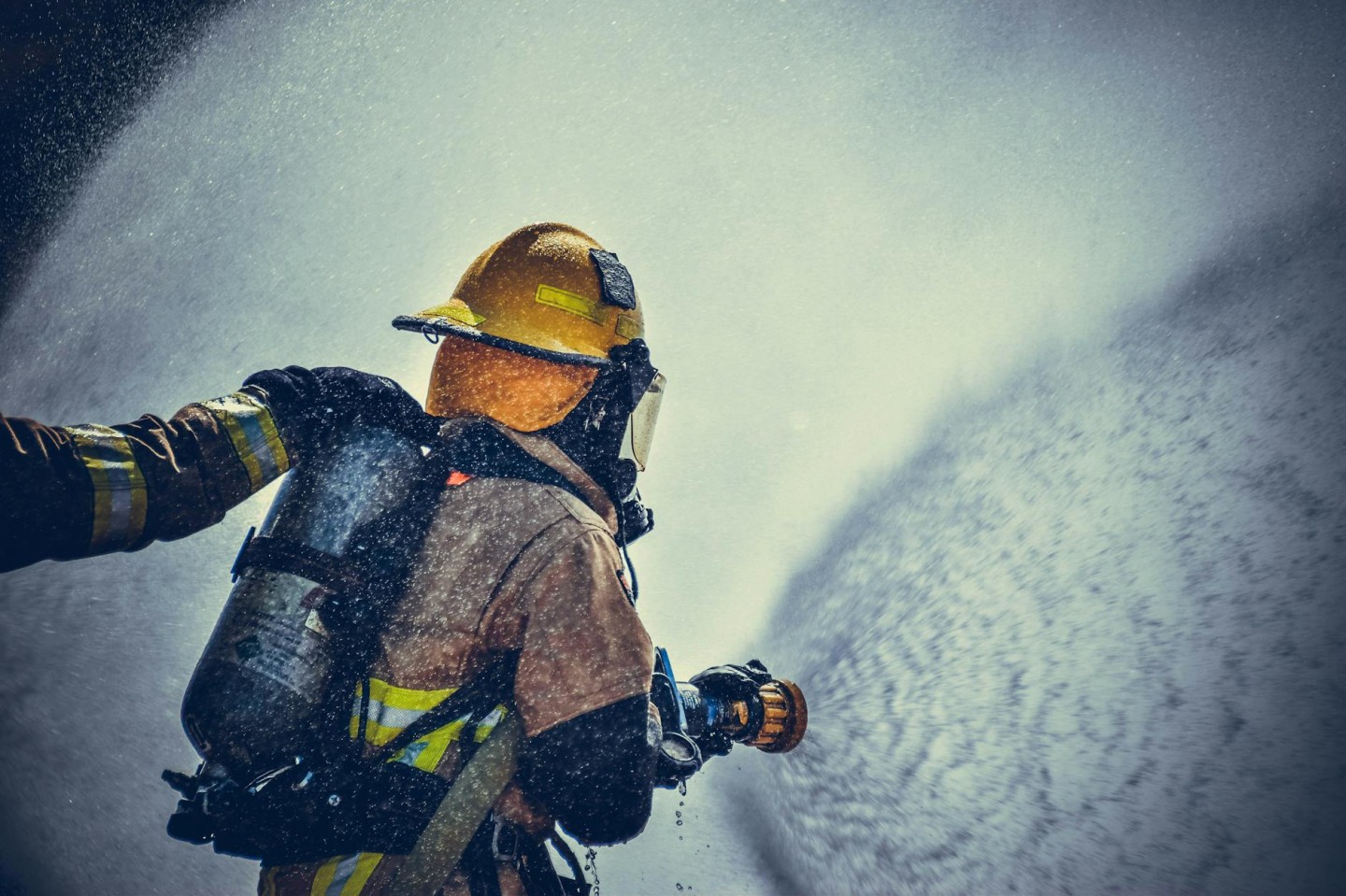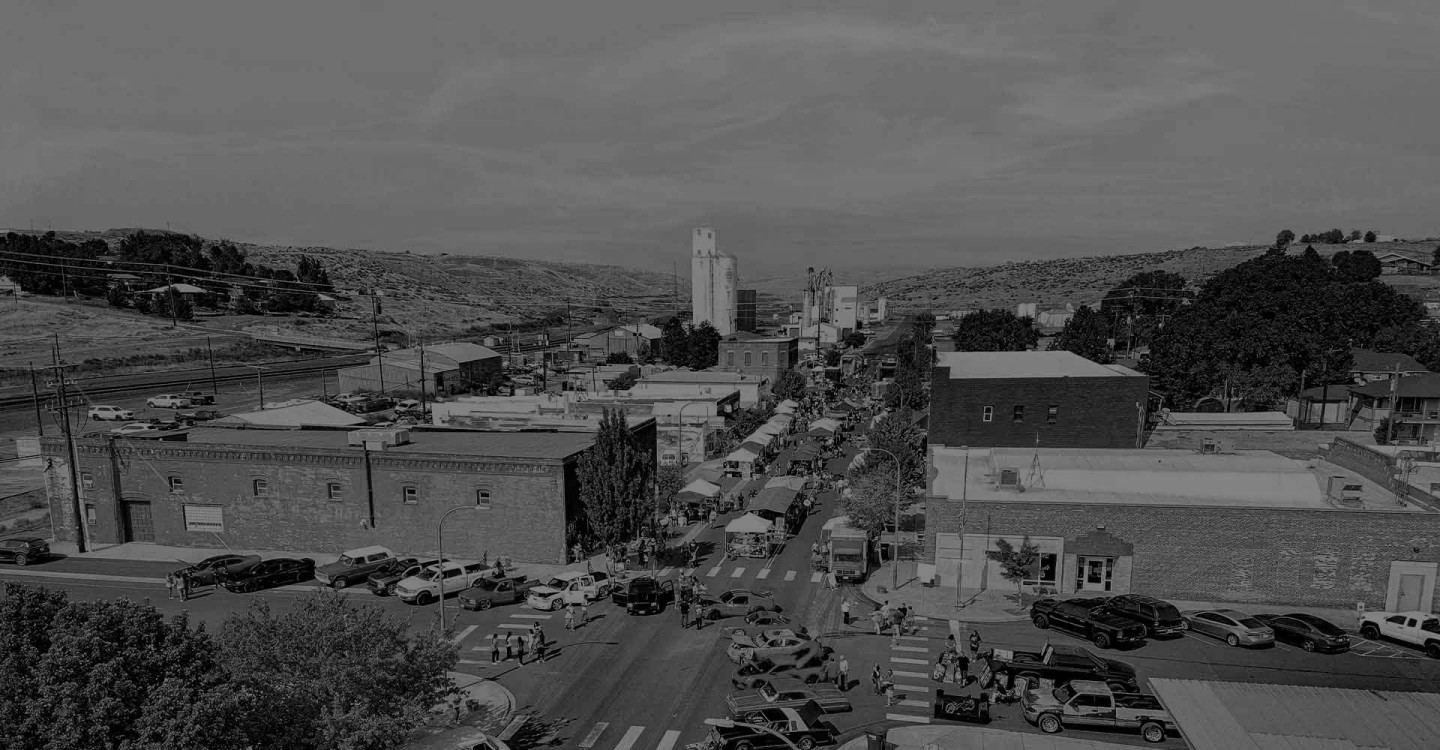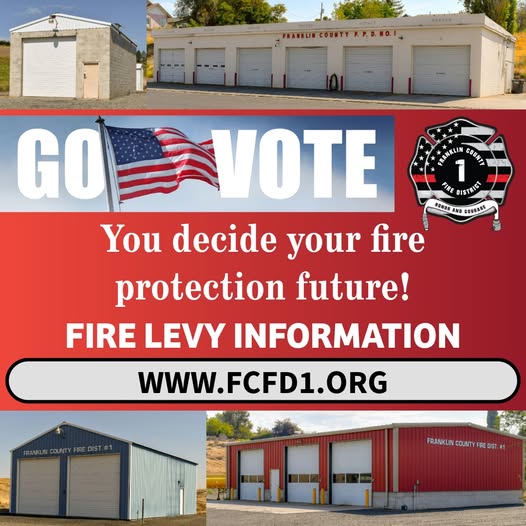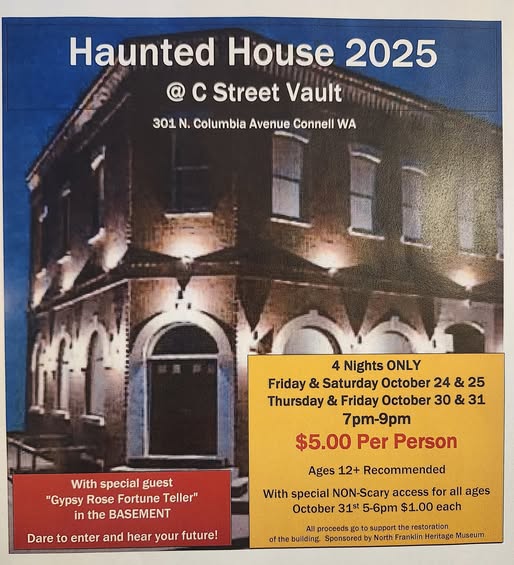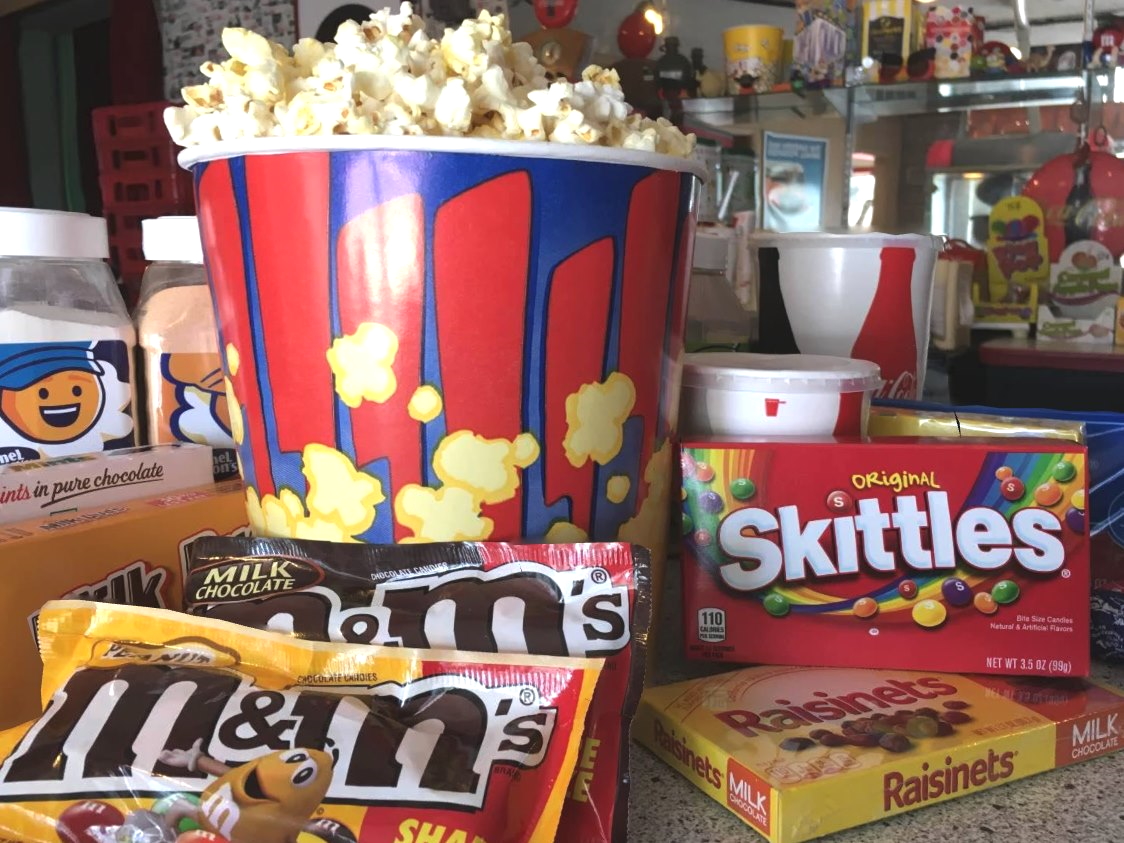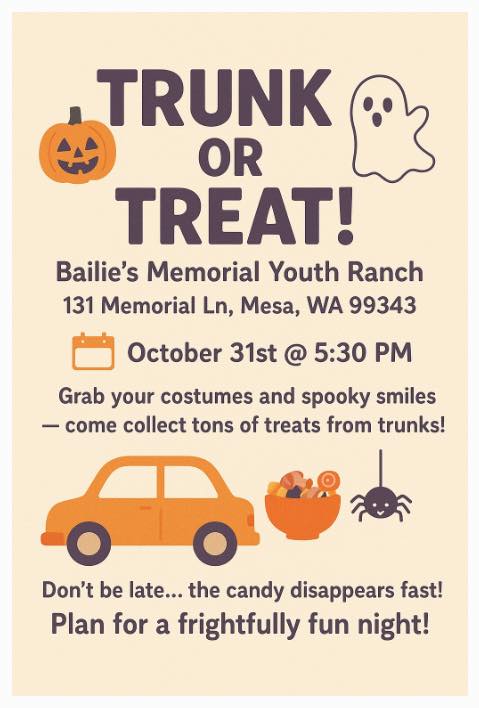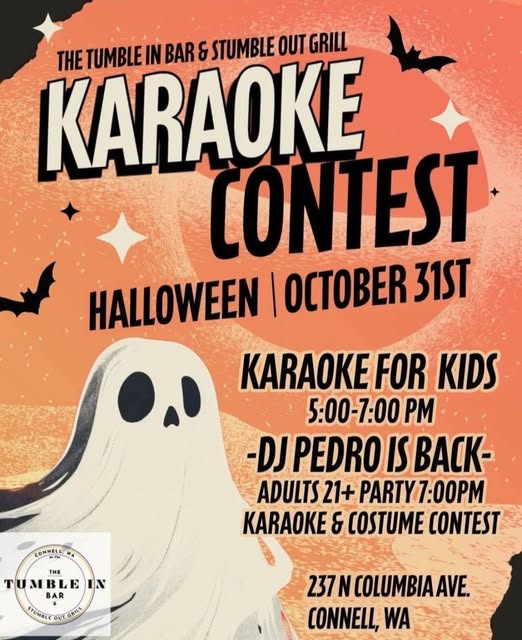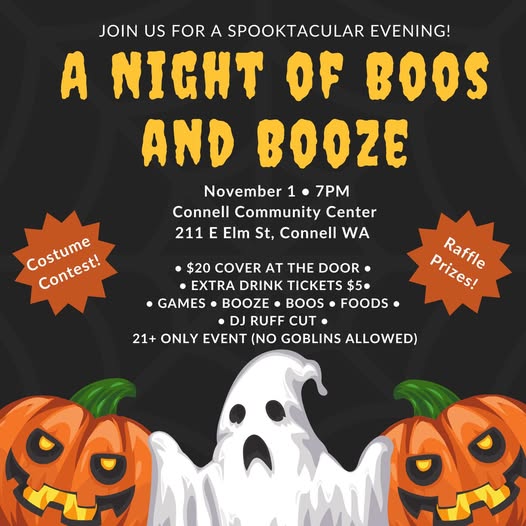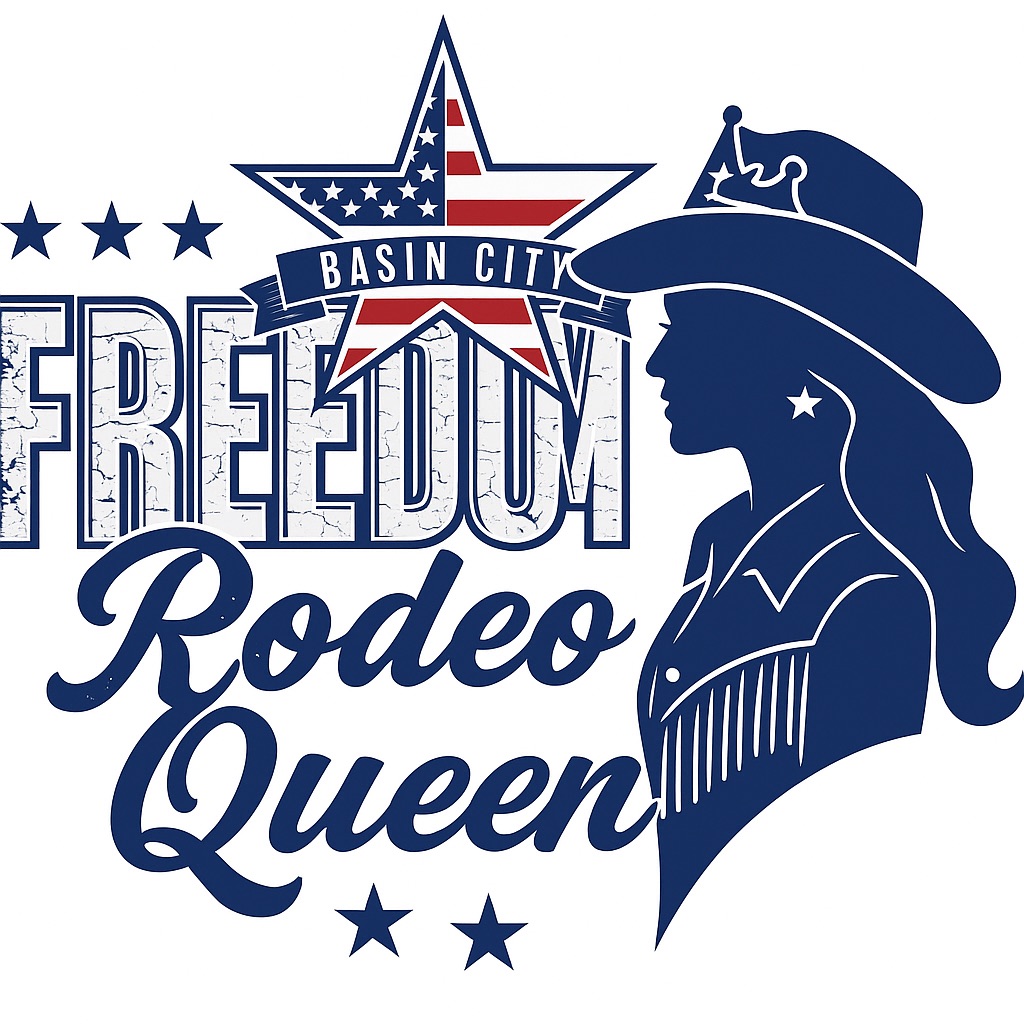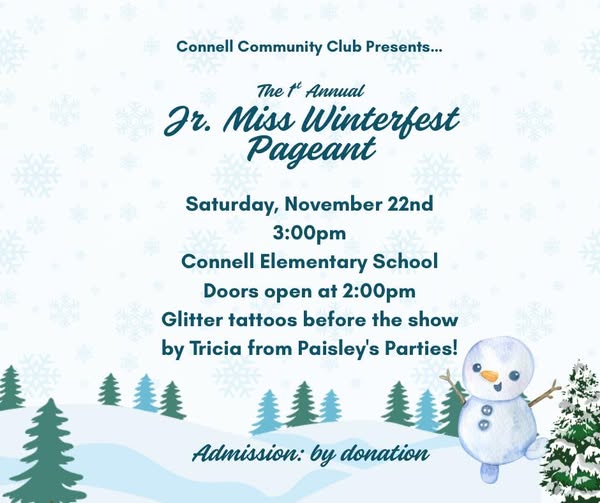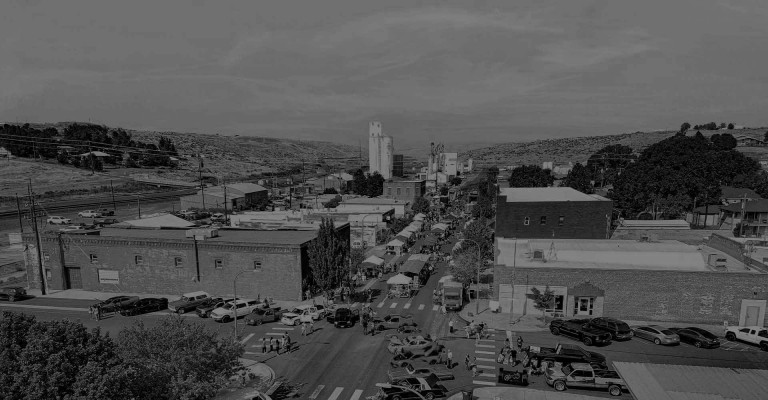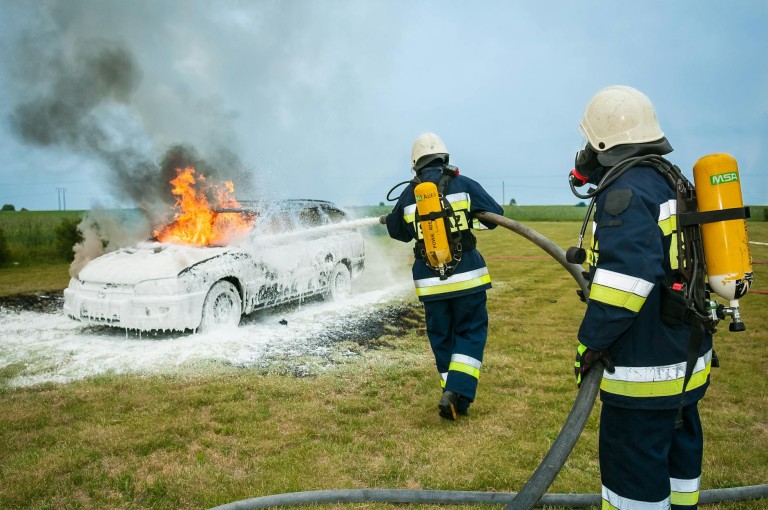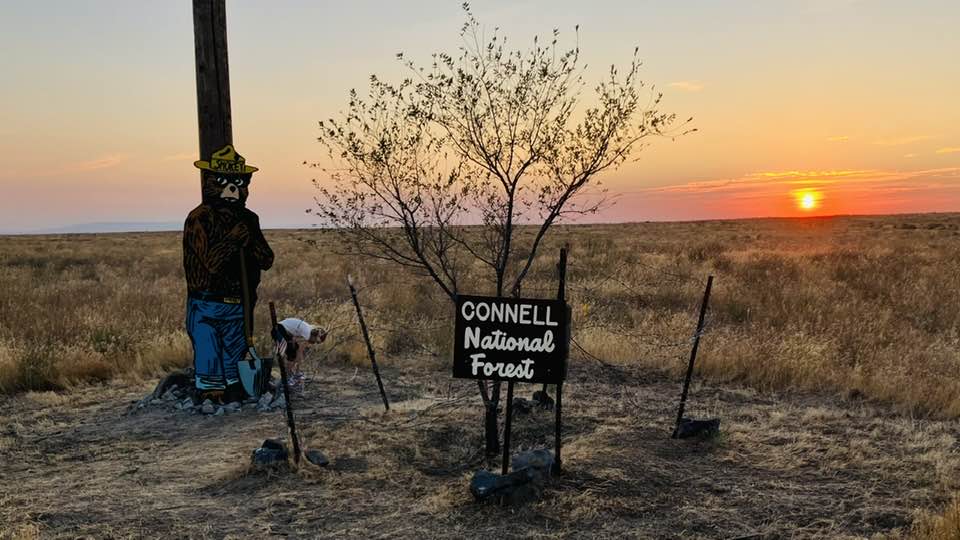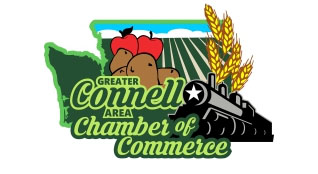Unquestionably, firefighters are the downright heroes of any community, saving thousands of lives every day. However, a lesser-known fact is that approximately 70% of firefighters are volunteers.
Washington State is no exception.
Local fire departments, especially in rural areas, rely heavily on the dedication of volunteers. Yet, many of them have historically been excluded from the Cancer Presumption Law in many states, including Washington.
The presumption law was designed to acknowledge cancer as a job-related illness for firefighters, making them eligible for compensation or disability benefits. However, in almost half the states, the law only protects career, paid firefighters, leaving volunteers with limited or no support, even though their exposure risks are virtually identical.
This kind of policy is discriminatory and fails to acknowledge reality itself.
Volunteer firefighters respond to the same emergencies, perform the same tasks, and are exposed to the same toxic hazards as their counterparts. Their risks include heat stress, cardiovascular diseases, life-threatening accidents, and, most importantly, exposure to carcinogenic chemicals.
Among the most concerning are per- and polyfluoroalkyl substances, often referred to as "PFAS," which are present in both turnout gear and the aqueous film-forming foam that has been used by some fire departments and district to extinguish fires.
The military and firefighters have widely used them since the 1960s for combating fuel-based fires. While the chemical substance is very effective for this purpose, it is also dangerously toxic due to its PFAS content.
These so-called "forever chemicals" are water-soluble, persistent in the environment, and accumulate in the human body over time.
Decades of research linked PFAS exposure to critical illnesses, including decreased fertility, liver damage, immune system suppression and high cholesterol. More alarmingly, studies have connected PFAS, to life-threatening cancers like kidney, testicular and ovarian cancers.
Washington State has taken important steps to regulate PFAS in firefighting foams and was one of the first states to ban the sale of PFAS-containing aqueous film-forming foam.
However, airports and facilities that handle fuels are still exempted in exceptional conditions. Moreover, firefighters face toxic exposure from their PFAS-laden turnout gear.
The wear and tear of the protective equipment, combined with sweat and heat typical during interventions or
training, leads to accelerated absorption of the toxic substance through the skin. The risk remains ongoing, especially for volunteer firefighters who have been responding to calls for decades.
According to the National Fire Department Registry, 40% of the fire departments in
Washington state are volunteer-based. Yet, the state's presumption law only includes fulltime employed firefighters for occupational disease coverage, and it doesn't even mention volunteers.
Moreover, the law only covers career firefighters who have served at least 10 years before the cancer diagnosis. Needless to say, the financial burden of cancer treatment is considerably high. Without fair coverage, volunteer firefighters and their families are left without any support and protection.
Read full article on Franklin Connection >>
The Franklin Connection is an online news and sports site dedicated to Franklin County, Washington, and the surrounding communities. The publication offers news, marketing, advertising and online services to the residents of Pasco, Basin City, Mesa, Eltopia, Connell, Kahlotus and Burbank.
